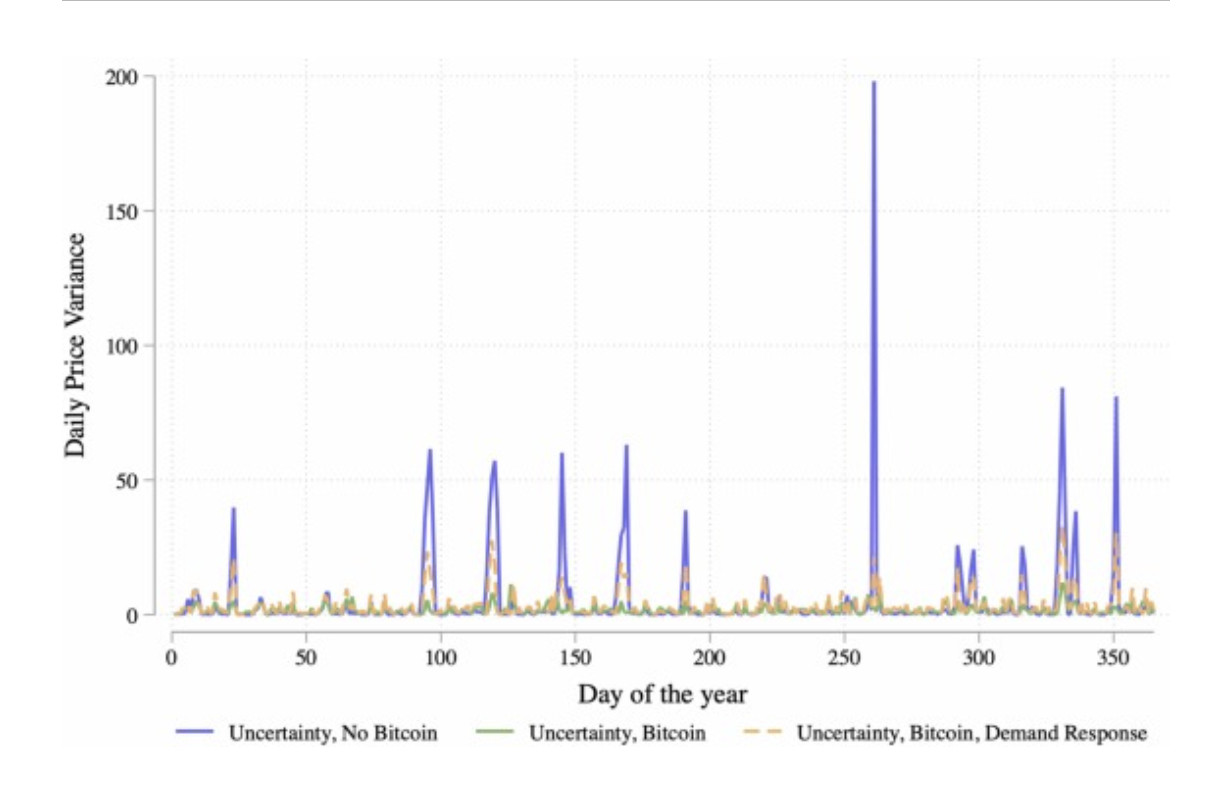Pakistan’s Bold Move: Turning Excess Energy Into Bitcoin Gold

A New Era for Crypto in Pakistan
Imagine if Pakistan could turn its excess energy into digital gold—Bitcoin! Well, that’s exactly what Bilal Bin Saqib, the CEO of Pakistan’s Crypto Council, is proposing. At the council’s first-ever meeting on March 21, he laid out an ambitious plan to use Pakistan’s unused energy to power Bitcoin mining.
Sounds futuristic? Maybe. But countries worldwide are already experimenting with similar ideas, and Saqib’s move could signal a major shift for Pakistan’s stance on crypto.
From Resistance to Embracing Crypto?
Let’s rewind a bit. If you were following Pakistan’s policies on crypto just a year ago, you’d remember the government wasn’t exactly rolling out the red carpet. In May 2023, then-Minister of Finance Aisha Ghaus Pasha made it crystal clear—crypto would never be legalized because of global anti-money laundering regulations.
Fast forward to 2025, and things have taken a dramatic turn. The Crypto Council’s first meeting wasn’t just a casual brainstorming session. Heavyweights like lawmakers, the Governor of the Bank of Pakistan, the Chairman of the Securities and Exchange Commission of Pakistan (SECP), and even the IT Secretary were present. These aren’t the kind of names that show up for something the government doesn’t take seriously.
Senator Muhammad Aurangzeb summed up the shift perfectly:
“This is the beginning of a new digital chapter for our economy. We are committed to building a transparent, future-ready financial ecosystem that attracts investment, empowers our youth, and puts Pakistan on the global map as a leader in emerging technologies.”
The U.S. Connection: A Global Crypto Reawakening?
The timing of Pakistan’s crypto policy change is interesting. On November 4, 2024—the same day as the U.S. elections—Pakistan announced plans to regulate cryptocurrency as legal tender. Coincidence? Maybe not.
With Donald Trump elected as U.S. President (again), America wasted no time in embracing crypto at the highest levels. By January 23, 2025, Trump had already signed an order to establish the Working Group on Digital Assets, aiming to overhaul crypto regulations in the U.S. Then in March, Trump doubled down, creating a Bitcoin Strategic Reserve, a move suggesting that Bitcoin could soon become an official financial asset.
Could Pakistan be following a global trend? It certainly looks that way.
Bitcoin Mining: A Golden Opportunity for Pakistan
Back to Pakistan’s energy situation—why does Saqib’s proposal matter?
For decades, Pakistan has faced an ongoing energy crisis, often producing excess electricity that goes unused. If harnessed smartly, this excess energy could power Bitcoin mining operations, turning lost electricity into a valuable asset. Bitcoin miners, in turn, can help stabilize the electrical grid by ensuring that excess power doesn’t go to waste.
 Cryptocurrencies, Pakistan, Bitcoin Regulation Science Direct
Cryptocurrencies, Pakistan, Bitcoin Regulation Science Direct
This could be a game-changer in multiple ways:
- Economic Boost: Attracting international investment in crypto could bring much-needed foreign capital into Pakistan.
- Job Creation: A new industry means new job opportunities for tech-savvy young professionals.
- Financial Inclusion: With crypto adoption growing, more people will have access to alternate financial systems, independent of traditional banking challenges.
What’s Next?
The journey to becoming a crypto-friendly nation won’t happen overnight. There’s still the challenge of creating a regulatory framework that satisfies both investors and policymakers. And let’s not forget that Pakistan has a history of taking strong anti-crypto stances.
But one thing is clear—times are changing. With global giants like the U.S. showing strong support for crypto, and Pakistan now actively considering the opportunities presented by Bitcoin mining, the tides are shifting.
Pakistan’s move to convert excess energy into Bitcoin might just be one of the most innovative solutions the country has seen in years. If executed well, this could not only position Pakistan as a regional leader in blockchain and crypto but also redefine the country’s economic future.
The big question remains—will Pakistan fully embrace the crypto revolution, or will regulatory hurdles slow down the momentum? Only time will tell.
Related: Pakistan eyes crypto legal framework to boost foreign investment
